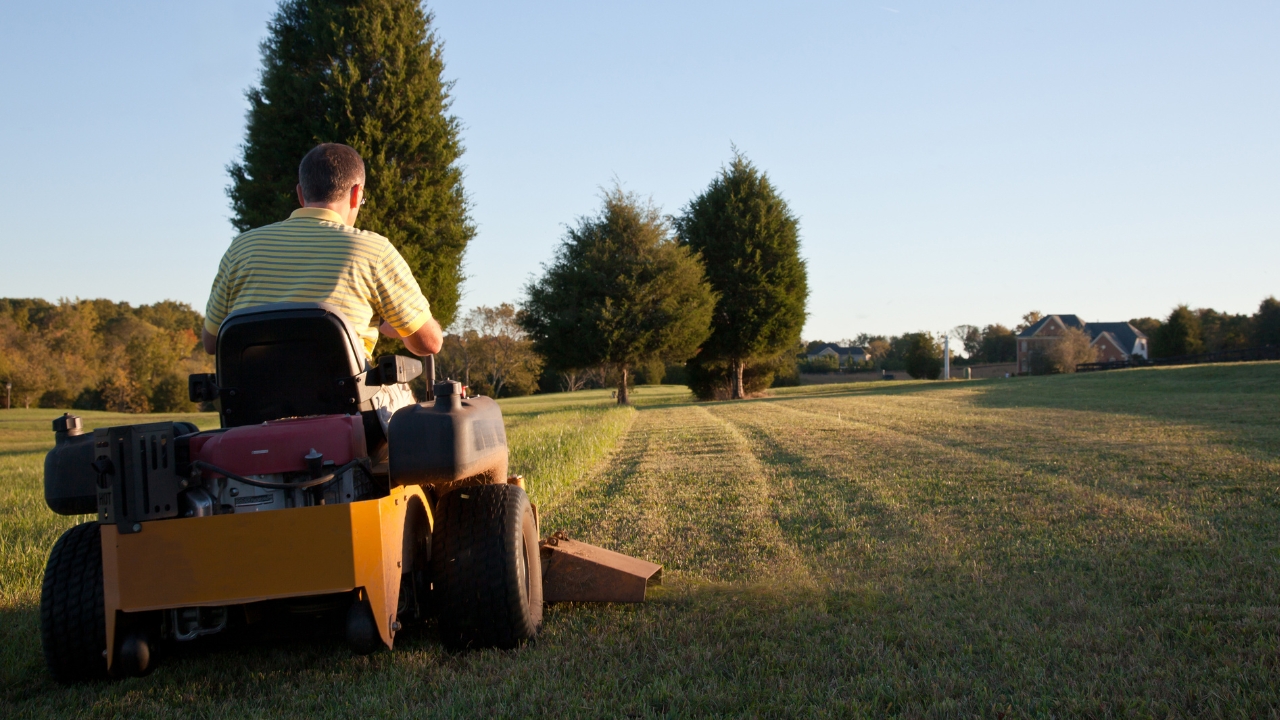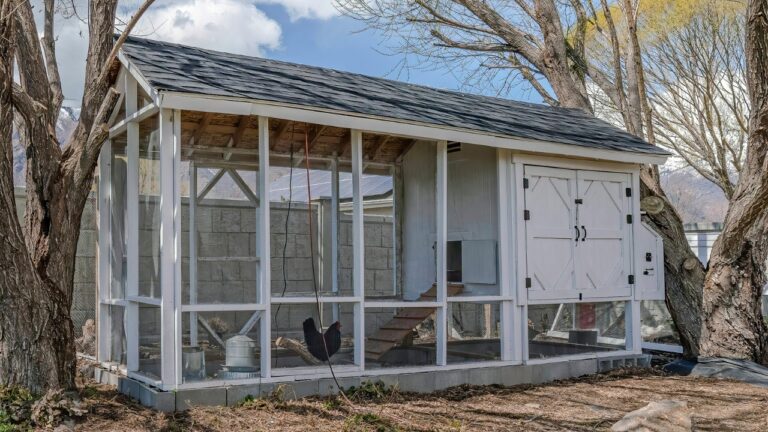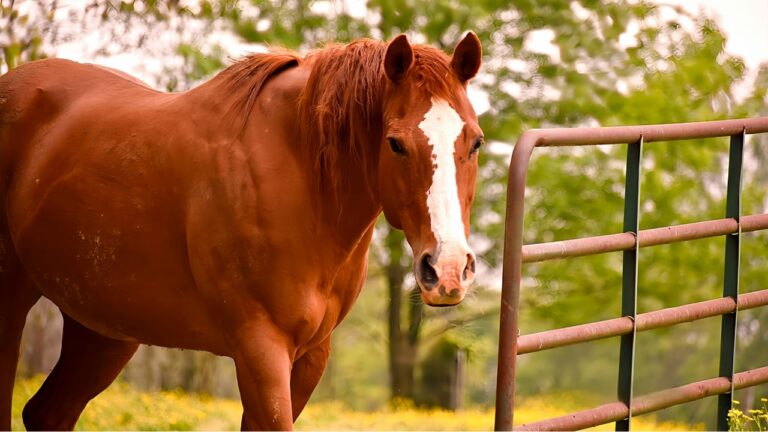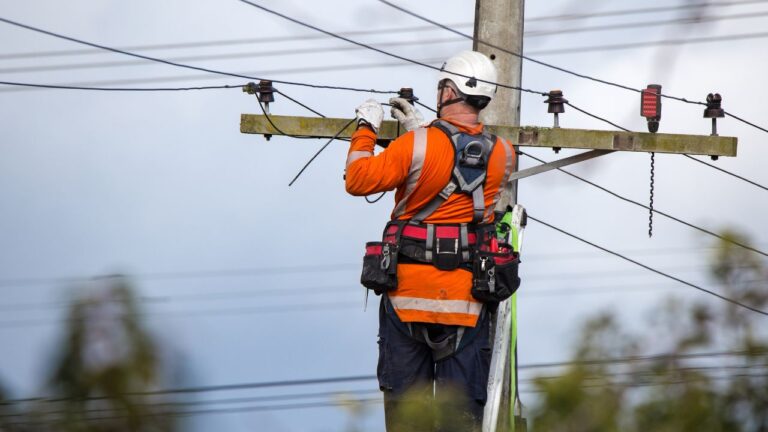10 Hidden Costs No One Tells You About Moving to the Country
Living out in the country has its perks—quiet nights, more space, no traffic—but it’s not all cheaper bills and fresh air. If you’ve spent most of your life in town, you might be in for a few surprises.
A lot of the everyday services you’re used to having covered just don’t exist out here. And even when they do, you’re probably the one responsible for getting them done (and paying for them out of pocket).
Before you pack up and head for land, it’s worth knowing what it’s really going to cost.
Water System Repairs Fall on You
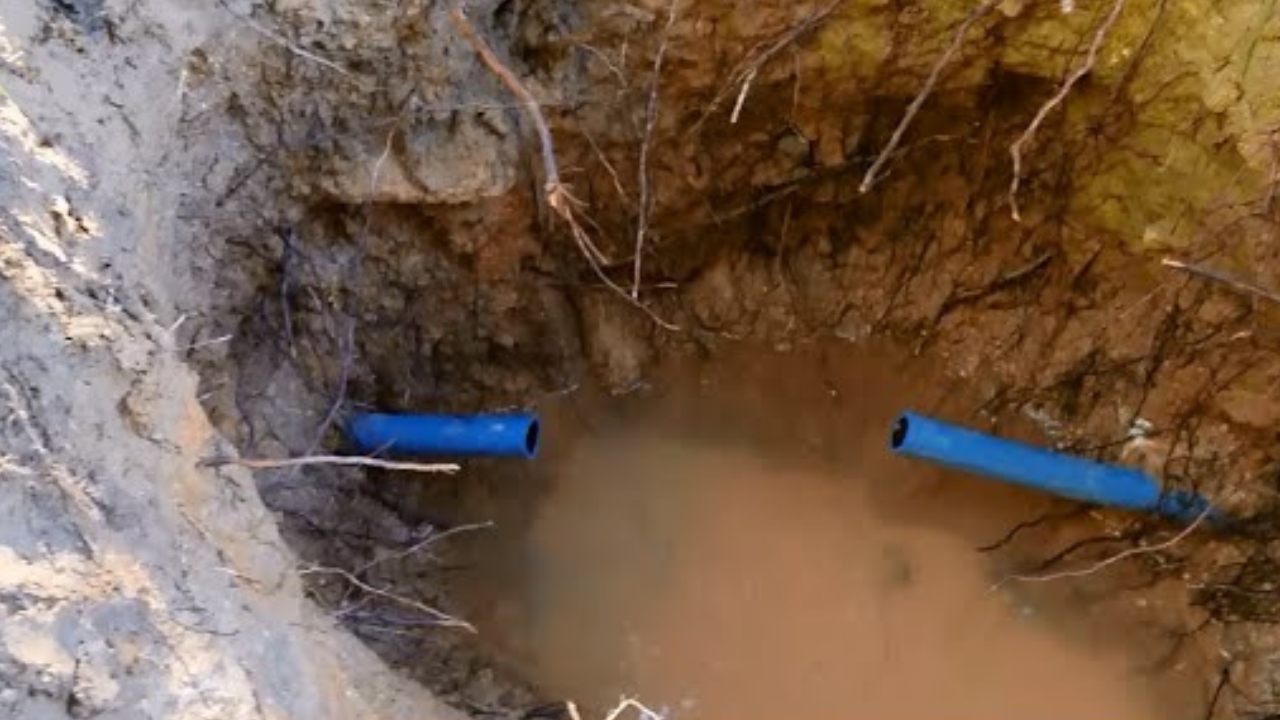
If you’ve got a well, you’re on your own when something breaks. That means covering repairs, replacing parts, and keeping an eye on water quality. There’s no water company to call when pressure drops or the water smells off.
It also means buying filters, testing kits, and sometimes even treatment systems. And if the pump dies? That’s a big repair bill, and no water until it’s fixed. A lot of people don’t plan for that.
No One Picks Up Your Trash

City services don’t follow you out to the country. Unless you hire a private company (which can get expensive), you’re hauling your own trash to the dump. That means more time, more gas, and a decent amount of planning.
You also need a spot to store your trash until dump day. And it better be secure, or animals will scatter it all over your yard. That weekly pickup you never thought twice about becomes a whole chore.
Septic Problems Are Your Problem
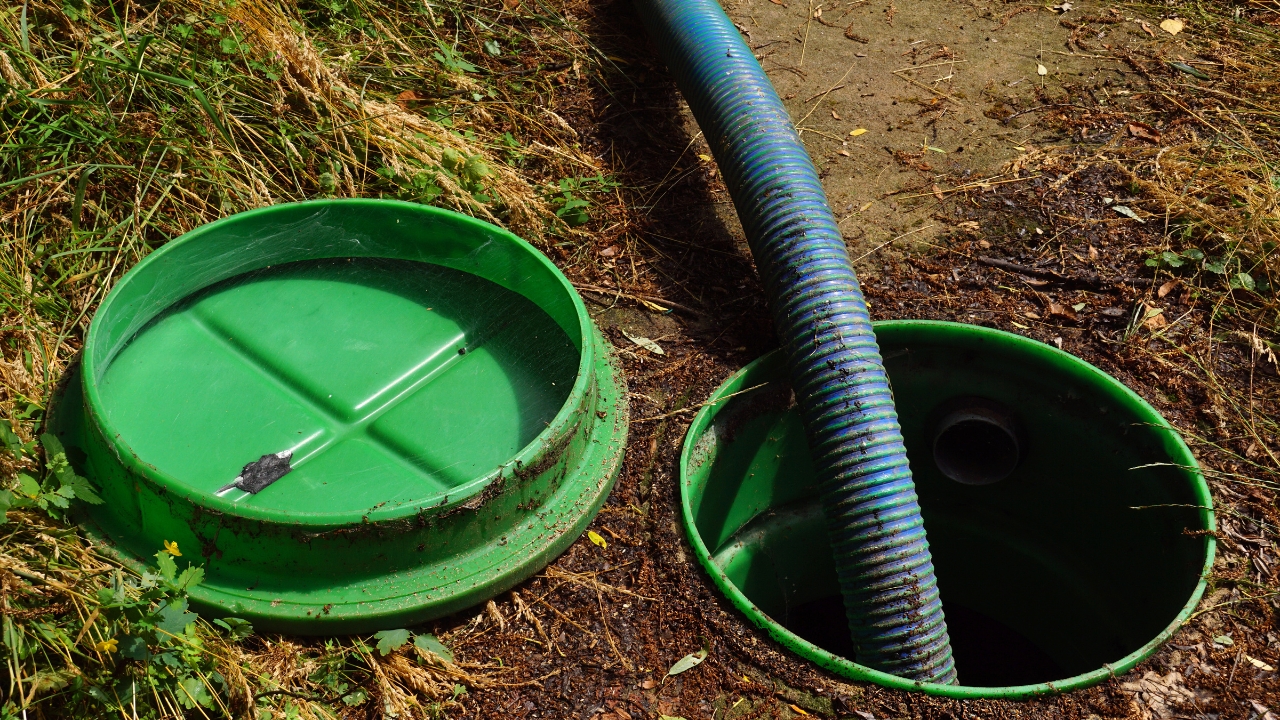
Out here, most homes have septic systems. And when something goes wrong, it’s not cheap. Pumping, repairs, inspections—it all comes out of your pocket, and fast.
A failing septic can also cause major damage to your land or home. If you’ve never had one before, it’s easy to treat it like a regular sewer hookup. That’ll get expensive real quick.
Gravel Driveways Add Up
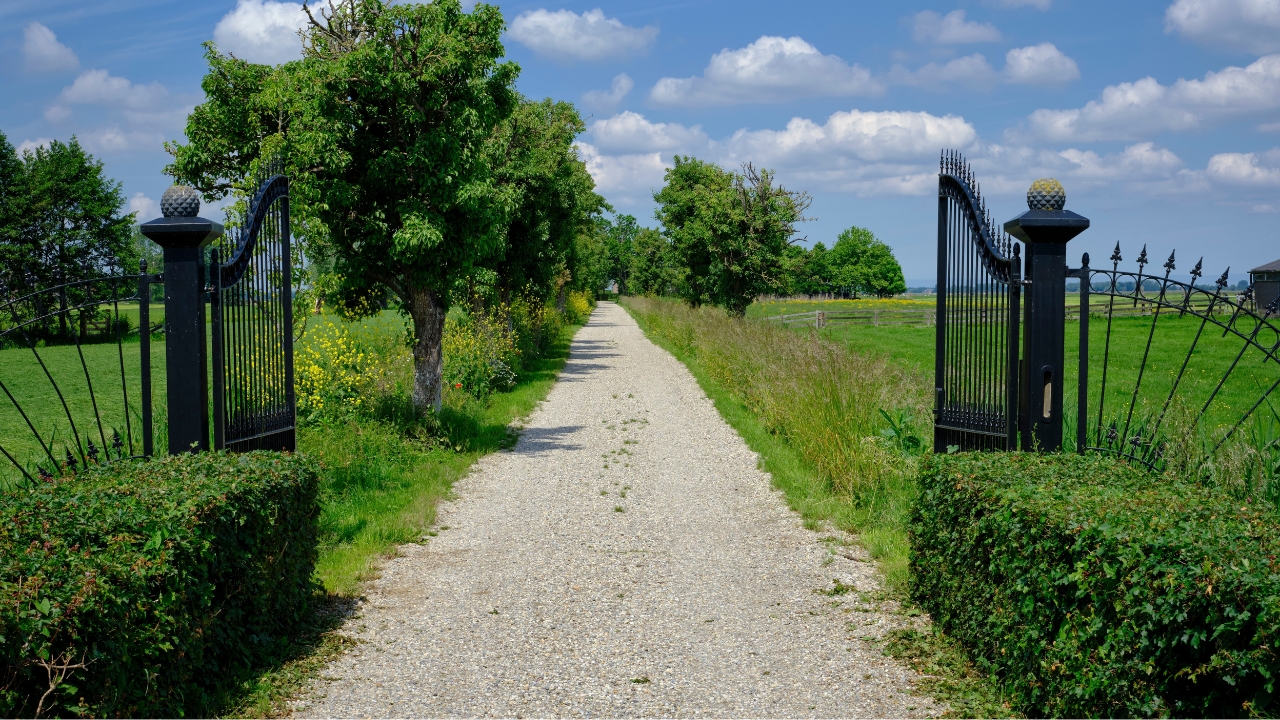
A long gravel driveway sounds good until a heavy rain or snow turns it into a mess. You’ll need to regrade it regularly, refill it with rock, and keep it clear in the winter.
And if you want pavement? That’s a big project—especially if your house sits far off the road. It’s one of those costs that sneaks in after you move but never really goes away.
You’ll Burn Through More Gas

Everything is farther away. The grocery store, the school, the doctor, the gas station. You’ll spend more time in the car and more money filling it up.
Even basic errands take planning. If you forget something, turning around means another 40 minutes on the road and another hit to your gas tank.
Help Takes Longer to Get There

If there’s an emergency, response times are usually slower. Fire, medical, and police don’t have stations on every corner out here.
That means it’s on you to be more prepared. Fire extinguishers, backup heat sources, first-aid supplies—those aren’t nice-to-haves. They’re things you’ll probably end up needing.
Internet Isn’t a Guarantee

Decent internet can be hard to find. Cell service can be spotty too. You might need to pay extra for satellite, rural broadband, or a booster just to stay connected.
Streaming, working from home, or even using GPS isn’t always a sure thing. Make sure you’ve got a plan before you move—or you might end up stuck with overpriced, unreliable options.
Fences Are Constant Work

If you’ve got animals, you need fences. If you don’t want animals in your yard, you need fences. And out here, fences break. A lot.
Weather, wildlife, and time all wear them down. Replacing boards, fixing posts, and patching wire becomes part of your routine. And if you hire it out, it adds up fast.
You’ll Need More Equipment
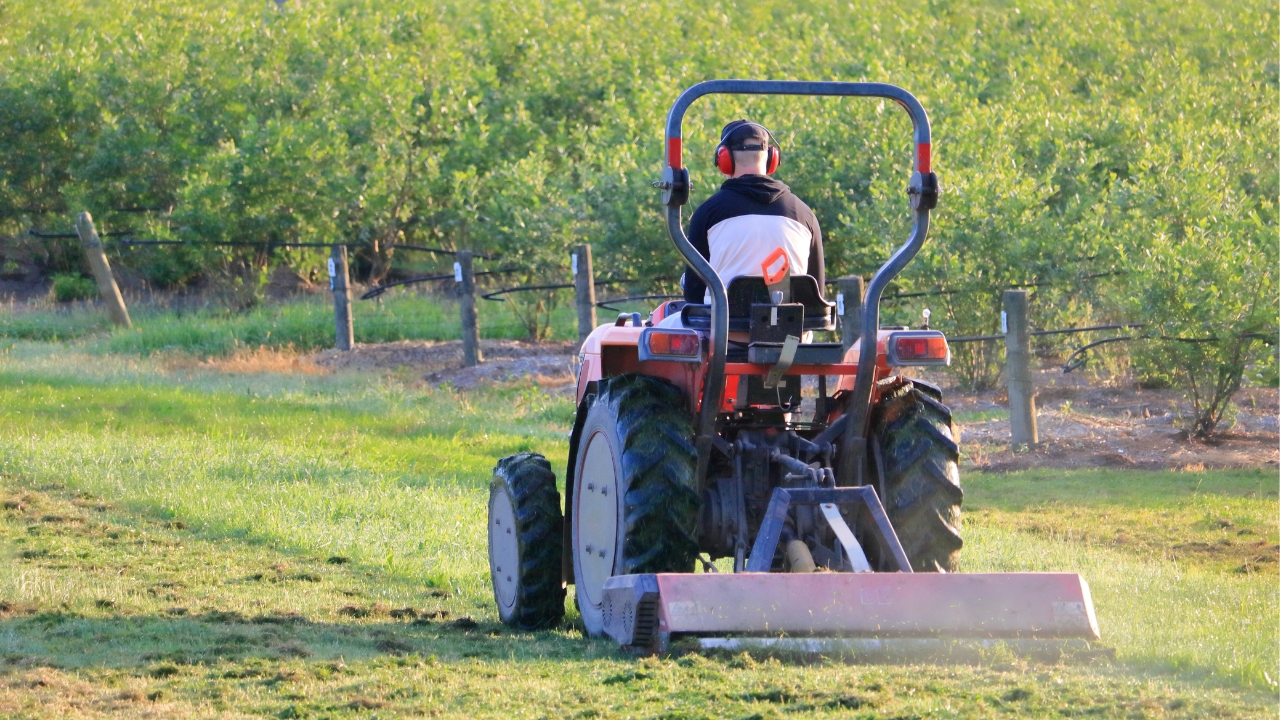
Mowing an acre with a push mower isn’t realistic. You’ll need bigger tools—riding mowers, chainsaws, maybe even a tractor. And none of that is cheap.
Even if you buy used, you’ll need to keep it running. That means maintenance, fuel, parts, and storage space. City tools don’t cut it once you’ve got land.
Insurance Might Go Up

Home insurance rates aren’t always lower out here. If you’re far from a fire station, in a flood zone, or surrounded by trees, your premium could be higher than it was in town.
You’ll also need to cover extras like barns, equipment, or guest houses if you have them. A lot of people don’t think to check this until after they move in—and get hit with a bill they weren’t expecting.
*This article was developed with AI-powered tools and has been carefully reviewed by our editors.

